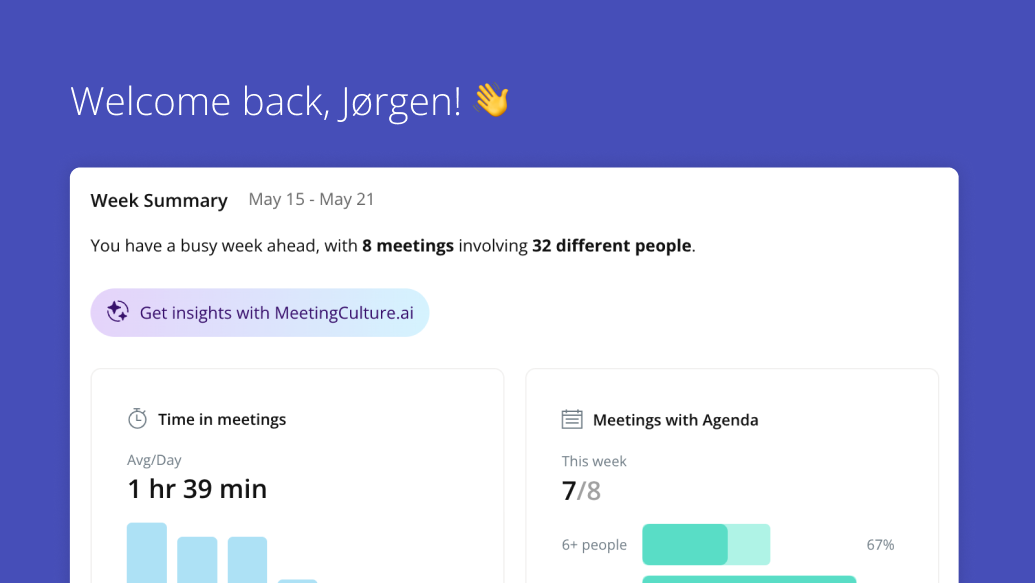3 ways to master your project meetings
Three strategies to help you master your project meetings and leave attendees feeing accomplished.
There are several types of project meetings: kick-off, status, stakeholder, steering committee and project review, among others that you might find on your calendar.
What many project managers do not realize is that it takes skill – and practice – to conduct meetings with actionable outcomes and decisions. They often lack a plan and specific objective for each meeting, leaving participants feeling unaccomplished and possibly confused.
No matter the type, here are three strategies to help you master your project meetings.
Strategy 1: Find a meeting time that optimizes performance and attendance
For project meetings to be effective, attendees must be available and engaged. This begins with picking the perfect meeting time! Quartz at Work shared the results of a study from a UK company that makes scheduling apps for businesses. The firm crunched data from more than 2 million responses to 530,000 invitations and concluded that 2:30 PM Tuesday is the time most people are free.
They also note that while Monday mornings are a popular time for meetings, it is one of the worst times for attendance: On average, only 33% of people accept a Monday morning meeting. (People are most frequently out of the office on Mondays and Fridays.) To optimize performance and attendance, do not schedule meetings too late in the day because as the day wears on, people tire and that affects how they make decisions.
Nearly everyone agrees that you should avoid Friday afternoon meetings!
Strategy 2: It starts with the agenda
Some studies suggest that a detailed agenda can decrease the amount of meeting time by 80% because it offers all the background needed for information, leaving the meeting time to focus on discussions and decision-making.
A well-planned project meeting agenda is the foundation to a successful meeting. It includes assigned presenters for each topic, clear topic purpose (for information, discussion or decision), support detail, questions for meeting participants to consider in advance, and a realistic amount of time per topic.
Read More: 8 tips to build an effective meeting agenda
Strategy 3: Keep time at the agenda topic-level
A common culprit for project meetings that go over is that no one is keeping time or the assigned timekeeper gets caught up in the discussion. Set an alarm to go off one minute before the topic discussion – not the overall meeting – needs to wrap-up.
Or better yet, leverage the time tracker built into your favorite conferencing solution to manage the time for you.
Read more: Decisions and Microsoft Teams keep meetings on track and on time
With a little planning and structure, project managers can turn meetings into one of the most powerful weapons in their arsenal for completing the project on time and on budget.

